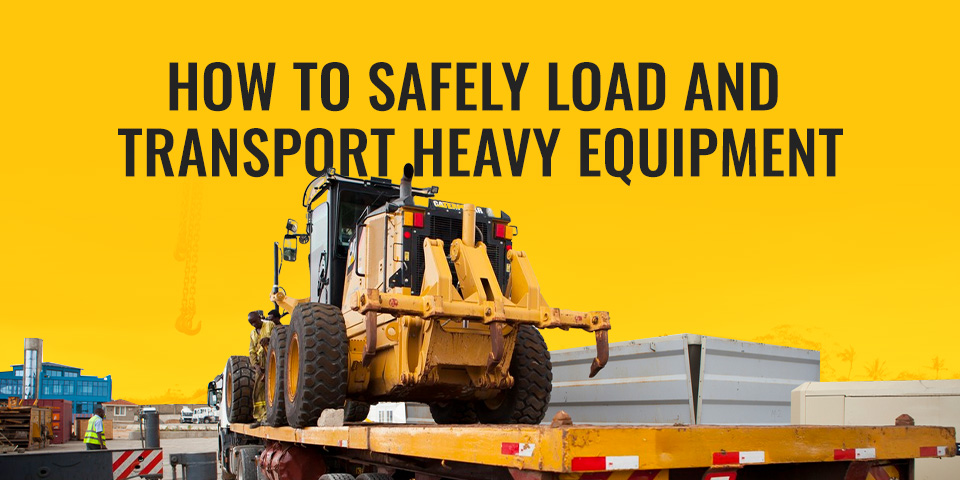Discover the Best Rental Company Near Me for Equipment
Wiki Article
Renting Vs. Purchasing Building Devices: Making the Right Option for Your Job
When beginning on a building project, one of the essential choices that predict supervisors and stakeholders face is whether to lease or buy building equipment. The decision hinges on various aspects such as price factors to consider, job duration, tools upkeep, versatility, scalability, and danger monitoring.Price Considerations
When examining the economic element of leasing versus purchasing building and construction equipment, the long-lasting expenditures and ahead of time expenses need to be very carefully thought about. Leasing tools often calls for reduced initial settlements compared to buying, making it an eye-catching alternative for short-term jobs or specialists with budget plan restrictions. Renting out gets rid of the requirement for large resources expenses and minimizes the monetary risk related to equipment ownership, such as maintenance and devaluation prices. Nevertheless, in the long run, continually renting out devices can collect higher expenses than acquiring, specifically for extended jobs.On the other hand, acquiring building tools includes greater ahead of time costs but can result in lasting financial savings, especially for regular customers or long-term jobs. Ultimately, the choice between buying and leasing building equipment hinges on the task's duration, regularity of usage, budget plan considerations, and long-lasting monetary goals.
Task Period

On the other hand, for long-lasting tasks or recurring building and construction job, buying devices might be the a lot more economical option. Acquiring devices can cause set you back financial savings over time, specifically if the equipment will be regularly utilized. Additionally, owning equipment gives a feeling of control over its accessibility and permits for personalization to fit specific task needs.

Tools Maintenance
Given the vital duty job duration plays in determining one of the most affordable strategy between getting and leasing construction equipment, the focus currently changes towards analyzing the essential facet of devices upkeep. Proper upkeep is crucial for making sure the optimum performance and longevity of building and construction tools. Renting devices frequently comes with the advantage of having well-kept machinery provided by the rental company. This can relieve the worry of upkeep jobs from the task owner or professional, conserving time and initiative. On the various other hand, owning devices calls for an aggressive strategy to maintenance to avoid failures, make certain security, and prolong the equipment's life-span. Routine evaluations, servicing, and prompt repair work are essential to keep owned and operated tools in leading functioning condition. Consider upkeep expenses when making a decision in between renting and getting, as ignoring maintenance can result in expensive fixings, downtime, and job hold-ups. Inevitably, a well-kept building devices fleet, whether leased or possessed, is crucial for the effective and efficient completion of building and construction projects.Adaptability and Scalability
In the world of construction equipment administration, the aspect of adaptability and scalability holds significant value for project effectiveness and resource use. Opting to rent out building and construction devices supplies a high degree of adaptability as it enables for the fast adjustment of equipment types and quantities based on the progressing demands of a job.Furthermore, scalability, another crucial aspect, is naturally connected to adaptability. Renting building equipment offers the advantage of quickly scaling procedures up or down as task visit needs vary. Service providers can quickly add or exchange tools to match the job's changing requirements without the constraints of possessing possessions that may become underutilized or out-of-date. This capacity to range sources successfully can cause expense financial savings and boosted task timelines, making renting out a favorable alternative for jobs calling for adaptability and receptive resource appropriation.
Threat Monitoring
Reliable danger monitoring in construction devices operations is vital to ensuring project success and mitigating prospective financial losses. Construction projects naturally include numerous risks, such as devices failures, crashes, and job hold-ups, which can significantly influence the task timeline and budget plan. By meticulously taking into consideration the threats connected with owning or leasing construction tools, project managers can make informed decisions to reduce these possible threats.Renting out building equipment can supply a degree of risk mitigation by moving the duty of maintenance and repairs to the rental business. This can lower the economic problem on the project proprietor in situation of unforeseen tools failings (boom lift rental). Furthermore, renting gives the adaptability to accessibility specific tools for certain job phases, reducing the risk of having underutilized equipment
On the various other hand, owning building and construction devices gives a feeling of control over its use and upkeep. Nevertheless, this likewise implies bearing the full duty for repair services, upkeep prices, and devaluation, increasing the financial risks connected with devices ownership. Mindful danger evaluation and factor to consider of variables such as project period, equipment utilization, and upkeep requirements are critical in figuring out one of the most ideal option for effective risk administration in building and construction projects.
Conclusion
In verdict, when making a decision between leasing and getting construction equipment, it is necessary to take into consideration expense, task duration, devices maintenance, threat, scalability, and flexibility monitoring. Each variable plays an essential role in establishing the most suitable alternative for the task available. By very carefully reviewing these aspects, task managers can make an educated choice that lines up with their budget, timeline, soil compactor for rent and overall task objectives.
Report this wiki page